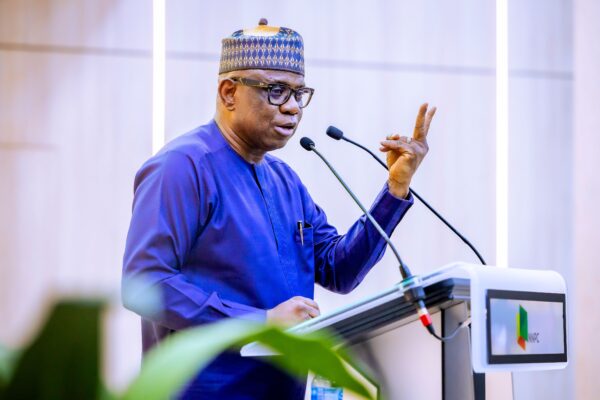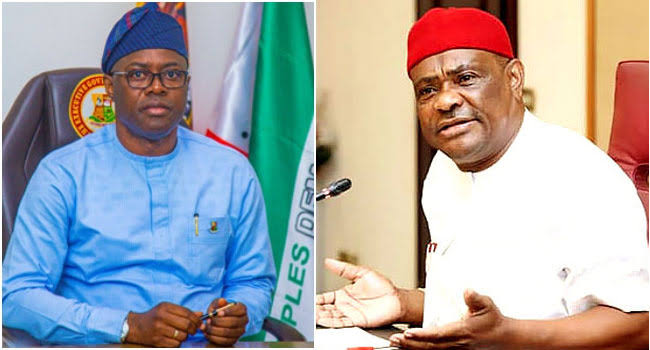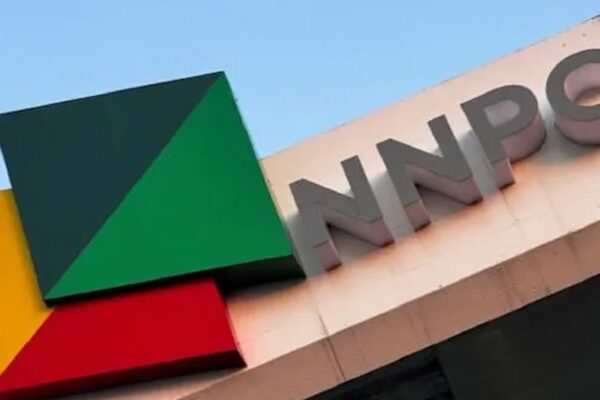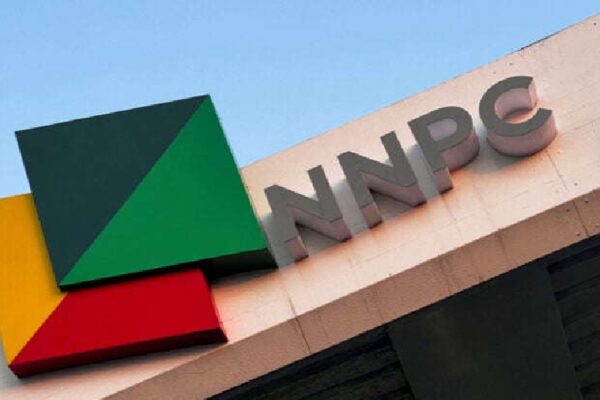
NNPC Ltd GCEO Calls for Stronger African Collaboration to Achieve Energy Security
By Prince Iroka The Group Chief Executive Officer of NNPC Limited, Engr. Bashir Bayo Ojulari, has reaffirmed Nigeria’s unwavering commitment to partnering with other African nations to achieve sustainable energy security across the continent. Engr. Ojulari made this assertion while addressing industry leaders at the 7th African Petroleum Producers’ Organisation (APPO) National Oil Companies CEOs Forum, where he stressed the urgency for Africa to accelerate its energy transition and secure its energy future. He highlighted the decline of European investments in fossil fuel refineries, with most set to phase out by 2030, noting that this development makes it imperative for Africa to take decisive action in harnessing its abundant resources for the benefit of its people. “Africa must take ownership of its resources and policies. Our policies should be designed by us. With our vast resource base and improved governance structures, I am confident the continent can secure its energy destiny,” Ojulari said. The GCEO outlined strategic infrastructure projects spearheaded by NNPC Ltd., including the Ajaokuta–Kaduna–Kano (AKK) Gas Pipeline project designed to strengthen connectivity across Nigeria’s energy network. He further emphasised progress on the Nigeria–Morocco Gas Pipeline Project, an expansion of the West African Gas Pipeline (WAGP), which will enhance regional integration and cross-border energy trade. “When we started, we faced challenges with alignment, payments, and collaboration, but today the framework is working. The plan is to extend the pipeline to Côte d’Ivoire as the first phase, and ultimately to Morocco,” he explained. Engr. Ojulari also pointed to the enabling investment environment created by the Petroleum Industry Act (PIA), which continues to open new opportunities for investors across the oil and gas value chain. On security, he disclosed that through strengthened partnerships with host communities and security agencies, Nigeria has achieved 100% pipeline availability for the first time in two decades, a milestone that has restored confidence in the resilience of the country’s energy infrastructure. Benchmarking with global energy leaders such as Petrobras, Petronas, and Saudi Aramco, the GCEO reiterated NNPC Ltd.’s readiness to collaborate, share knowledge, and drive collective progress with African peers to unlock the continent’s full energy potential.




